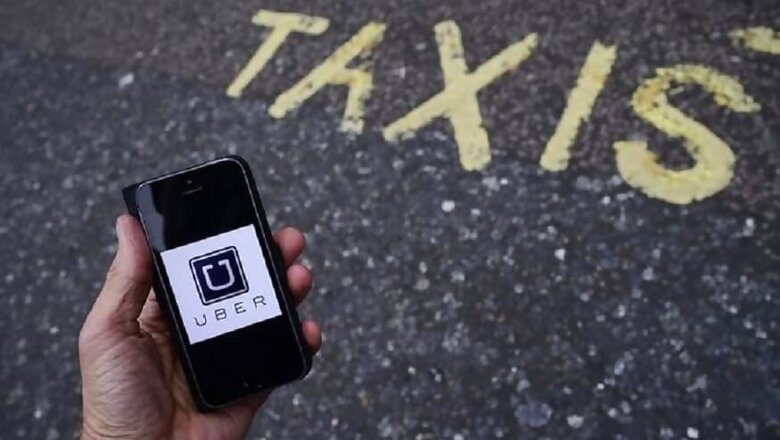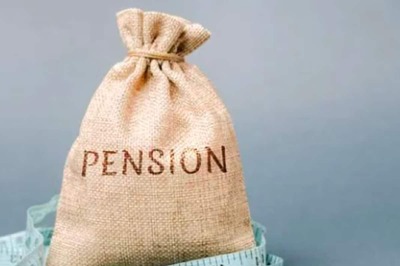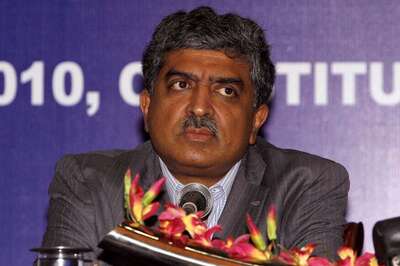
views
Any policy to regulate app-based cab aggregators like Ola and Uber should have minimum interference by government and market forces should be allowed to operate, as regulation could even "bring in corruption" in this emerging sector, Delhi High Court said today.
The high court said that any regulatory mechanism that is set up, ought to remain in the periphery as it has been seen in the past, that regulations too "bring in corruption", even as it termed the current public transport system as "primitive". Also read: Governments Cannot Force Telecom Firms to Store All Data, Says EU court
Stressing that the regulations should encourage everyone to go for a futuristic scheme providing for use of "clean fuel and cleaner public transport", Justice Manmohan asked Delhi government to consider the policy drafted by a court-appointed panel and come back with its stand by the next date of hearing on February 6.
The court told the government that "the policy will aid in finding a solution, so look at it with an open mind." It made the observations after taking on record an expert panel's suggestions which was placed before it by the Centre's standing counsels Manish Mohan and Kirtiman Singh. Also read: Samsung Galaxy S7 Edge Six Months Review: Still The Champion Android Flagship
The lawyers for the central government said if the suggestions were acceptable to all, then the state governments would be asked to make a scheme under the policy for regulation of taxis, including app-based cab aggregators.
Delhi government, represented by its senior standing counsel Rahul Mehra, said it would not follow the policy "blindly" as it would need to first look at it from the point of larger public interest. Mehra also said that since app-based cab aggregator Ola has applied for registration, Uber too should do the same. Also read: Here's How ISRO Made us Proud in 2016: Noteworthy Achievements in Space Technology
However, Uber, represented by senior advocate Rajiv Nayar, said it will seek registration under the new policy as and when it comes into effect. It also objected to the panel's recommendation to cap the minimum fare that can be charged by it.
To this, the court remarked that it wanted the Centre and Delhi government to be on the same page and come out with a model scheme. The private parties could challenge it if they had any objections.




















Comments
0 comment